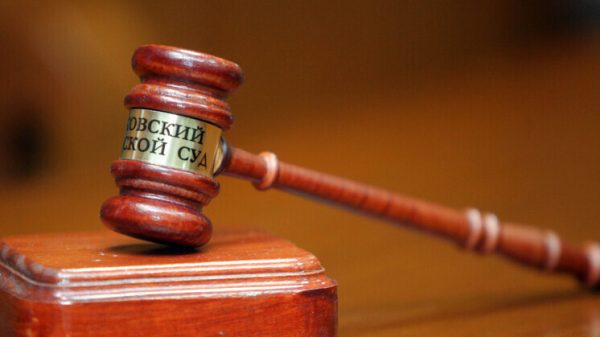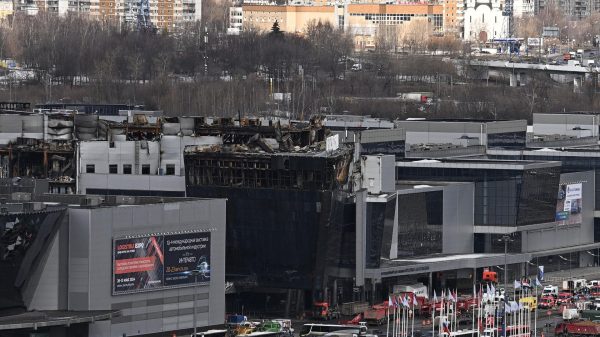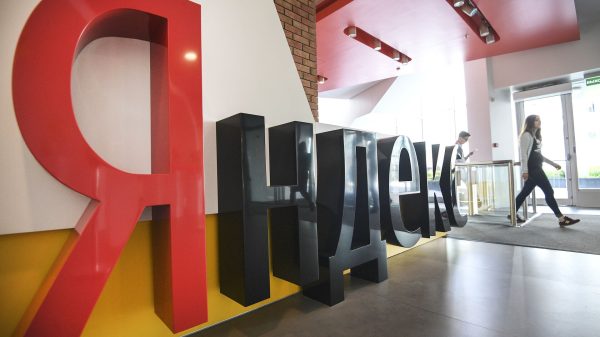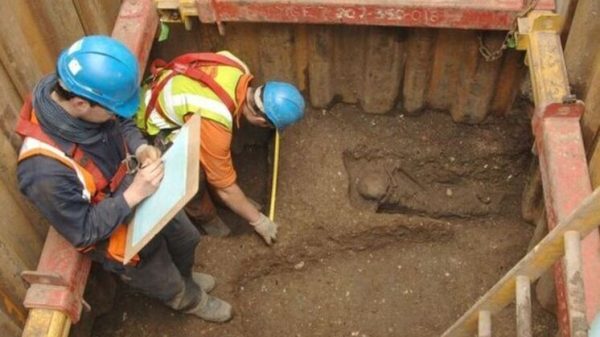 Dutch Prime Minister Mark Rutte called for a crackdown on family reunification
Dutch Prime Minister Mark Rutte called for a crackdown on family reunification
The Dutch government fell on Friday night amid deep disagreement over plans to restrict the right of asylum seekers to bring their families to the Netherlands.
Prime Minister Mark Rutte called for a crackdown on family reunification, but this infuriated two of the four parties in the governing coalition. conservatives and liberals.
Mr Rutte said his coalition government is stepping down because the differences between the parties are «irreconcilable».
“Tonight we, unfortunately, came to the conclusion that the differences are insurmountable. For this reason, I will shortly present my written resignation to the King on behalf of the entire government,” he said at a press conference.
Mr Rutte added that he has the “energy” to fight for a fifth term, but first he needed to «think.»
Night-night talks to save the government failed to break the deadlock on Wednesday and Thursday after the plan was rejected by senior members of Mr. Rutte's cabinet.
On Friday night, it became clear that the scandal had torn apart the four-party coalition, and that the Netherlands would have to hold a general election, most likely in the fall.
There are deep divisions between the liberal D66 and the centrist Christian Union, which oppose the repression and Mr. Rutte. VVD and Christian Democrats.
Asylum applications up by a third
Mr Rutte has been accused of «framing» his deputy Sigrid Kaag, leader of the D66, after trying to push the plan through in the face of liberal opposition in coalition, which he leads for the fourth time.
Asylum applications in the Netherlands increased by a third last year to over 46,000 and are expected to rise to more than 70,000 this year, exceeding the previous high of 2015 in the densely populated country of about 18 million people .< /p>
Mr Rutte wants to reduce the number of refugees to prevent a challenge from parties like the populist Farmers and Citizens Movement (BBB).
Its VVD is the largest party in the Netherlands, but recent polls have shown that if elections were called, they would contact the Dutch Farmers' Party.
The BBB threat could persuade warring allies to keep the coalition together.
The BBB won a landslide victory in regional elections to become the largest party in all 12 provinces of the Netherlands in a vote dominated by tractor workers' protests against Mr Rutte's plans to force farm buyouts to meet EU climate targets.
Caroline van der. Plas, the leader of the BBB, called for a 50 to 100 asylum-seeker cap on city council or regional authority as she hoped to seal her victory in a vote that became a referendum over nearly 13 years in office as «Teflon Mark.» Rutte.
Two years of waiting
Mr Rutte's new restrictions include a two-year waiting period before relatives of asylum-seekers can come to the Netherlands and a limit of 200 family members per month.
< p>Refugees applying for asylum due to the status of residence under the plan.
Meanwhile, those fleeing the war will only receive the right to temporary residence and a much more difficult route to transport family members, to join them in the Netherlands.
An expected increase in the number of refugees this year will put new pressure on asylum centers in the Netherlands.
During the months of last year, hundreds of refugees were forced to sleep without sleep, with little or no access to drinking water, sanitation or health care. .
After the humanitarian group Médecins Sans Frontières sent a team to the Netherlands for the first time to help with the medical needs of migrants in asylum processing centers, Mr Rutte said he felt «ashamed».
He promised to improve conditions in the institutions, mainly by reducing the number of refugees arriving in the Netherlands, but he failed to win the support of coalition partners who felt that his policies had gone too far.






















































Свежие комментарии